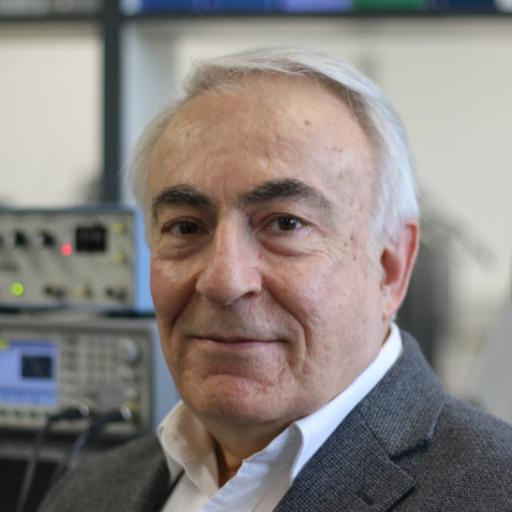Understanding the Microglia Cell-Surface in Alzheimer’s Disease

Principal Investigator
Brandon Holmes, MD, PhD
University of California, San Francisco
San Francisco, CA, USA
About the Research Project
Program
Award Type
Postdoctoral Fellowship
Award Amount
$200,000
Active Dates
July 01, 2022 - December 30, 2024
Grant ID
A2022008F
Acknowledgement
Goals
I will use a combination of proteomics, functional genomics, and protein engineering to understand how human microglia remodel their cell surface in Alzheimer’s Disease.
Summary
The microglia surfaceome serves as a critical cellular hub that enables neuroprotective, neurotoxic, and neuroinflammatory signaling in the diseased brain. The ability to precisely target and manipulate diverse microglia states therefore holds tremendous experimental, diagnostic, and therapeutic potential. The proposed project will use innovative technologies to comprehensively define the surfaceome changes of Alzheimer’s disease microglia and will therefore provide the first human cell-surface protein map in this cell type and disease context.
Unique and Innovative
This proposal uses a combination of cutting-edge techniques including iPSC biology, cell-surface proteomics, functional genomics, and antibody engineering to tackle core questions of microglia biology in the context of Alzheimer’s disease. The aims are independent but interwoven to provide the most direct pathway to identifying and targeting disease-relevant proteins.
Foreseeable Benefits
The focus of my proposal is the identification of novel microglia disease targets and the immediate generation of recombinant antibodies to modulate these proteins. This pipeline directly couples discovery biology to therapeutic development using human iPSC-derived microglia.
Related Grants
Alzheimer's Disease Research
Monitoring Neural Activity and Neuroinflammation in Alzheimer’s Disease
Active Dates
July 01, 2025 - June 30, 2028

Principal Investigator
Feng Tian, PhD
Current Organization
Beth Israel Deaconess Medical Center
Monitoring Neural Activity and Neuroinflammation in Alzheimer’s Disease
Active Dates
July 01, 2025 - June 30, 2028

Principal Investigator
Feng Tian, PhD
Current Organization
Beth Israel Deaconess Medical Center
Alzheimer's Disease Research
Using Ultrasound to Help the Brain’s Defenses in Alzheimer’s Disease
Active Dates
July 01, 2025 - June 30, 2028

Principal Investigator
Nader Saffari, PhD
Current Organization
University College London
Using Ultrasound to Help the Brain’s Defenses in Alzheimer’s Disease
Active Dates
July 01, 2025 - June 30, 2028

Principal Investigator
Nader Saffari, PhD
Current Organization
University College London
Alzheimer's Disease Research
Understanding the Role of a Suppressed Immune System in Frontotemporal Dementia
Active Dates
July 01, 2025 - June 30, 2028

Principal Investigator
Rebecca Wallings, DPhil
Current Organization
Indiana University
Understanding the Role of a Suppressed Immune System in Frontotemporal Dementia
Active Dates
July 01, 2025 - June 30, 2028

Principal Investigator
Rebecca Wallings, DPhil
Current Organization
Indiana University


